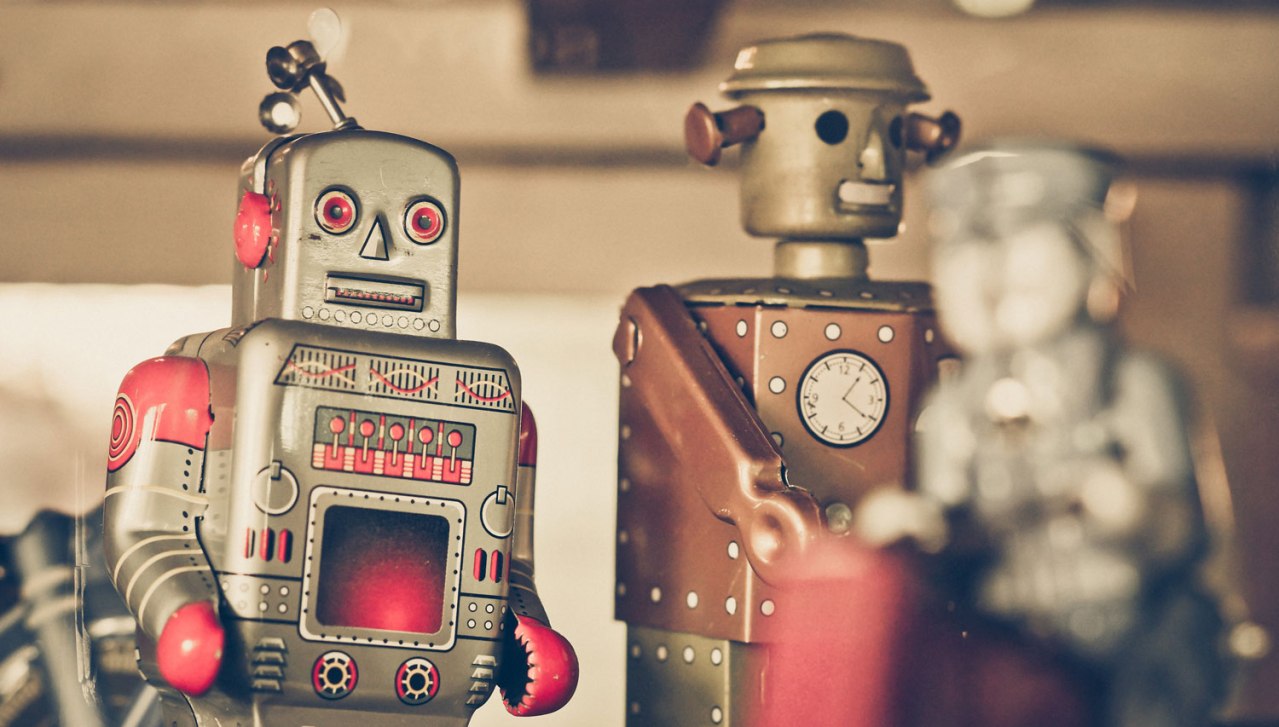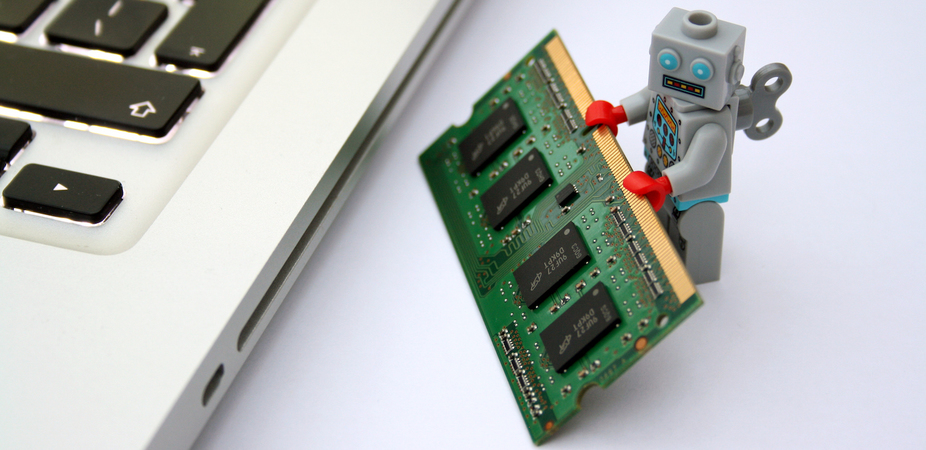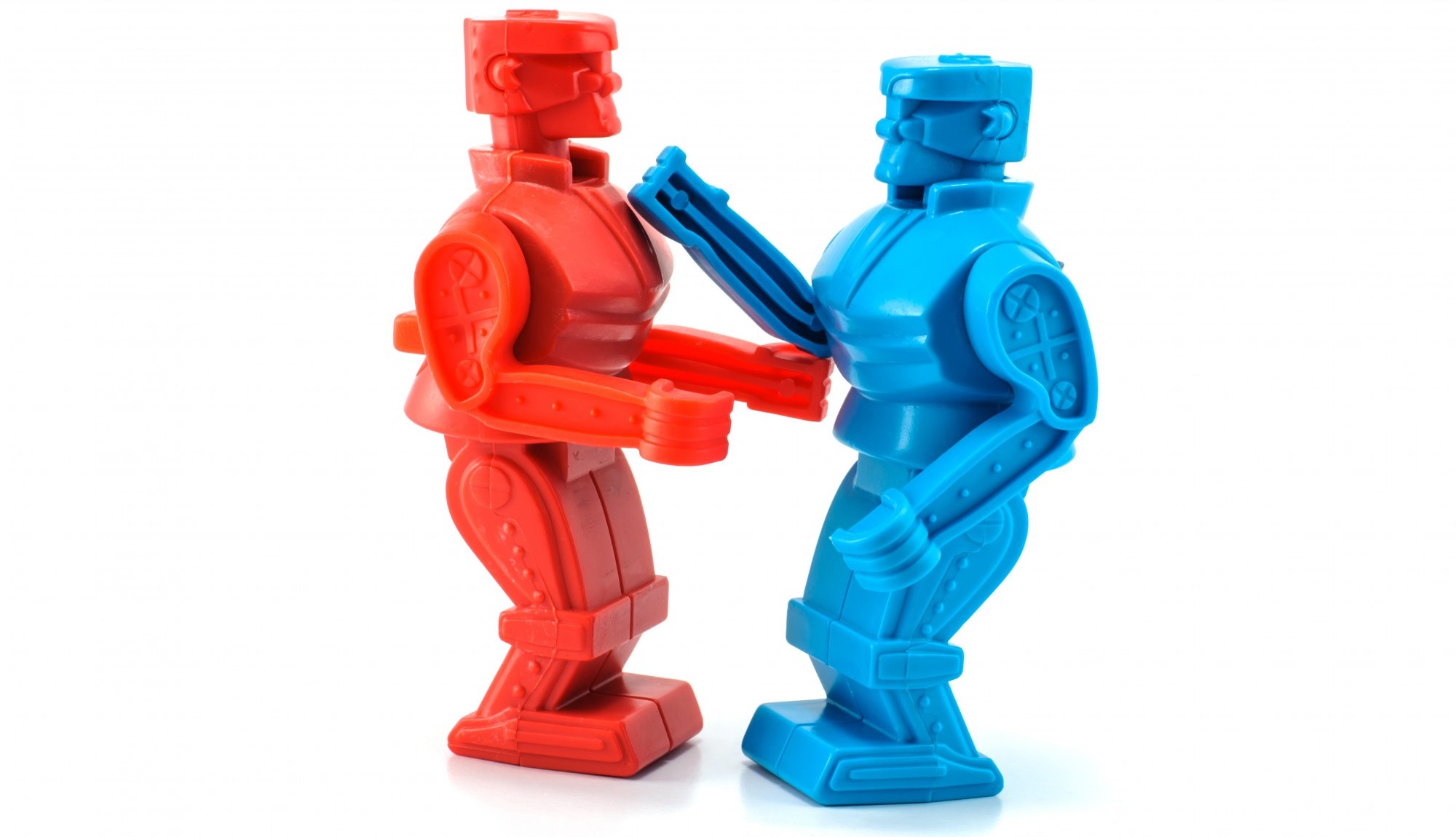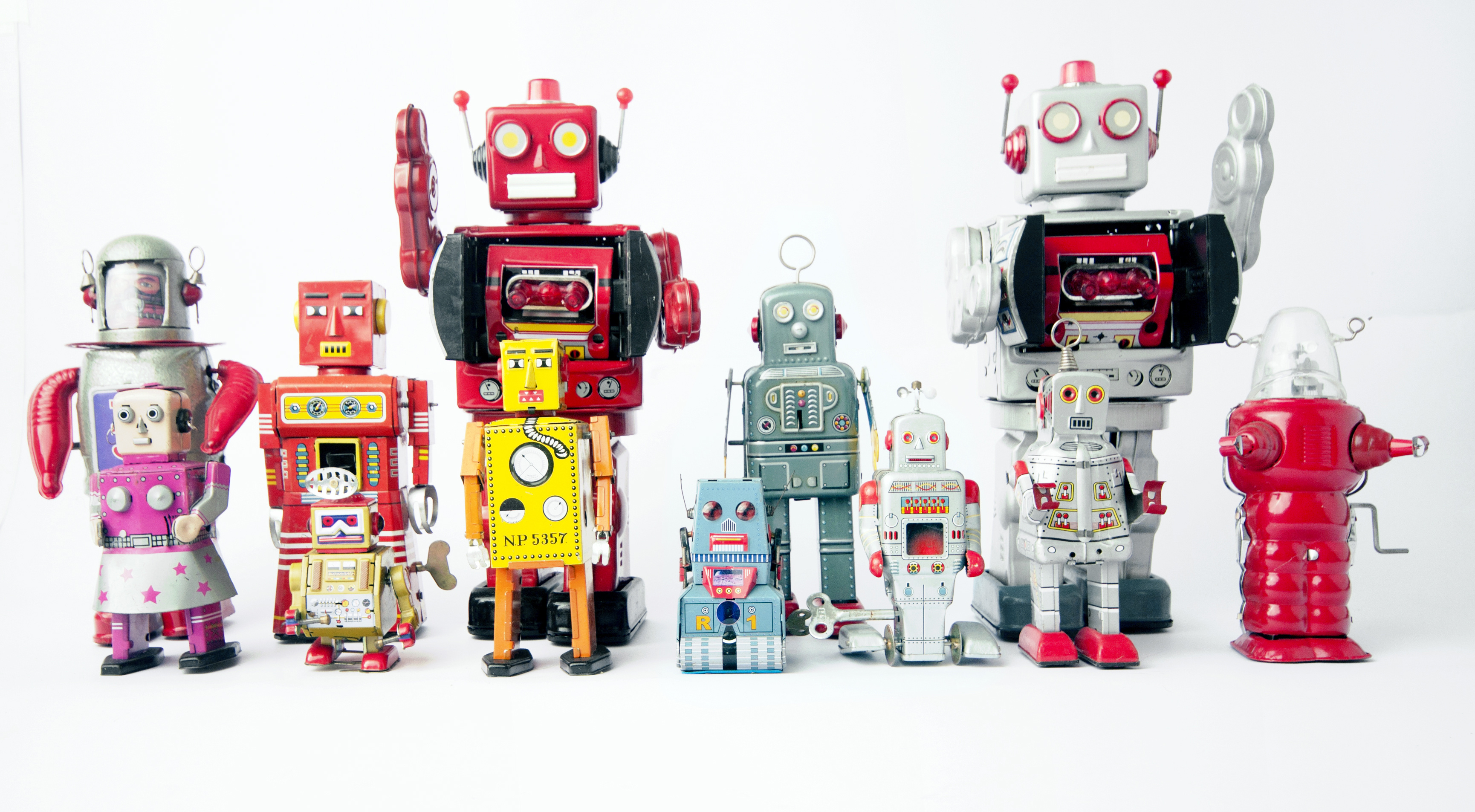Science is continuously changing and evolving and testing the limits from fiction to reality. Ever wondered what it would be like to have your own robotic personal assistant? Senior Lecturer Dr David Tuffley, with Institute for Integrated and Intelligent Systems for explores the inner workings of chatbots for the future.

Dr Tuffley quoted, “the demand for helper robots is booming, and academia, industry and the military are working overtime to meet the need as a whole new industry gains momentum,”
Big companies like Microsoft and Facebook have been putting a lot of work into chatbots. “Chatbots will be extremely useful especially for non-technical users. Chatbots will be able to make appointments such as booking your car in for a service, a doctor’s appointment, essentially they will take on the role as a good PA,” he said.
Chatbots – the digital assistant
The purpose for these developments is to create chatbots known as the digital assistant, that will not only make bookings for their owners, but will be able to recognise the time and the day and make the assumption of what their owner has on and where they need to go by interacting in a friendly and professional manner.
The digital assistant will be able to go with its owner when they’ve put down one device and picked up another, or go from one location to another.
As an example Dr Tuffley explains, “when you leave home and get into the self-driving car that has been quietly charging its batteries from the solar panels on your roof, the same digital assistant that you were interacting with in the home office becomes the voice of the car that you now give directions to.”
“I’m really quite keen for this situation to come about, I’m really interested in knowing the direction in which technology is going, what’s going to be big and what’s going to be important.”
Human-robot devices alongside chatbots are also in the process of being developed. These robots purpose are to assist with jobs that humans no longer want to do. Jobs that are dirty, dangerous, boring or remote.
There will also be developments for domestic robot assistants that are being designed to assist the elderly.
“I want people to know this is what is coming and to get them prepared for it, so when it arrives their not caught flat-footed.”
“Over the next two to three years, we will see these developments and experience these lifestyle changes,” Dr Tuffley concluded.






